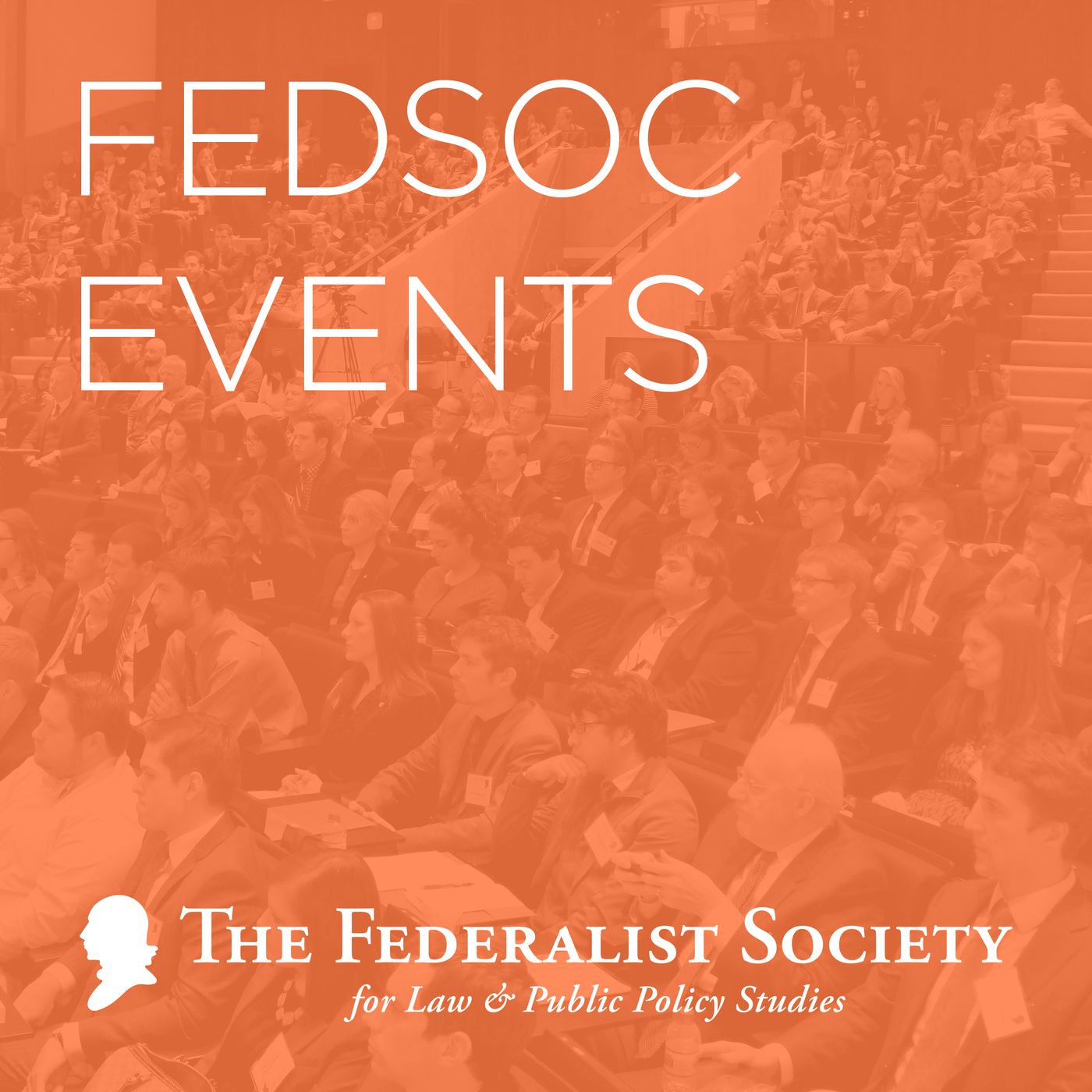Showcase Panel II: Whither Precedent?
Description
No one maintains that the Court has always and forever been originalist in its orientation. By any definition of "originalism," there is a vast body of case law that does not conform to it.
How do and should modern originalists - and here one might specifically include lower-court judges who consider themselves originalist - handle this case law? Do non-originalist precedents count for nothing, no matter the expectations built upon them? If they count, how much do they count? Given the interconnectedness of the Constitution's provisions and structure, does it make sense to be "originalist" in some respects and some contexts but not others? Does originalism itself provide means to answer, or even address, these questions or does one necessarily have to step outside originalism to establish its relationship to precedent?
Featuring:
Prof. Tara Leigh Grove, Vinson & Elkins Chair in Law, University of Texas at Austin School of Law
Prof. Randy Kozel, Fritz Duda Family Professor of Law, University of Notre Dame Law School
Prof. Gary Lawson, William Fairfield Warren Distinguished Professor, Boston University School of Law
Prof. John O. McGinnis, George C. Dix Professor in Constitutional Law, Northwestern University Pritzker School of Law
Moderator: Hon. William H. Pryor Jr., United States Court of Appeals, Eleventh Circuit
Overflow: Chinese Room
More Episodes
Published 10/15/24
Published 10/15/24
This year's roll-out of the new Free Application for Federal Student Aid (FAFSA) has changed postsecondary education for students, institutions, and federal policymakers. This evolving landscape will be explored by Emmanuel Guillory from the American Council on Education, Steve Taylor from the...
Published 08/06/24


